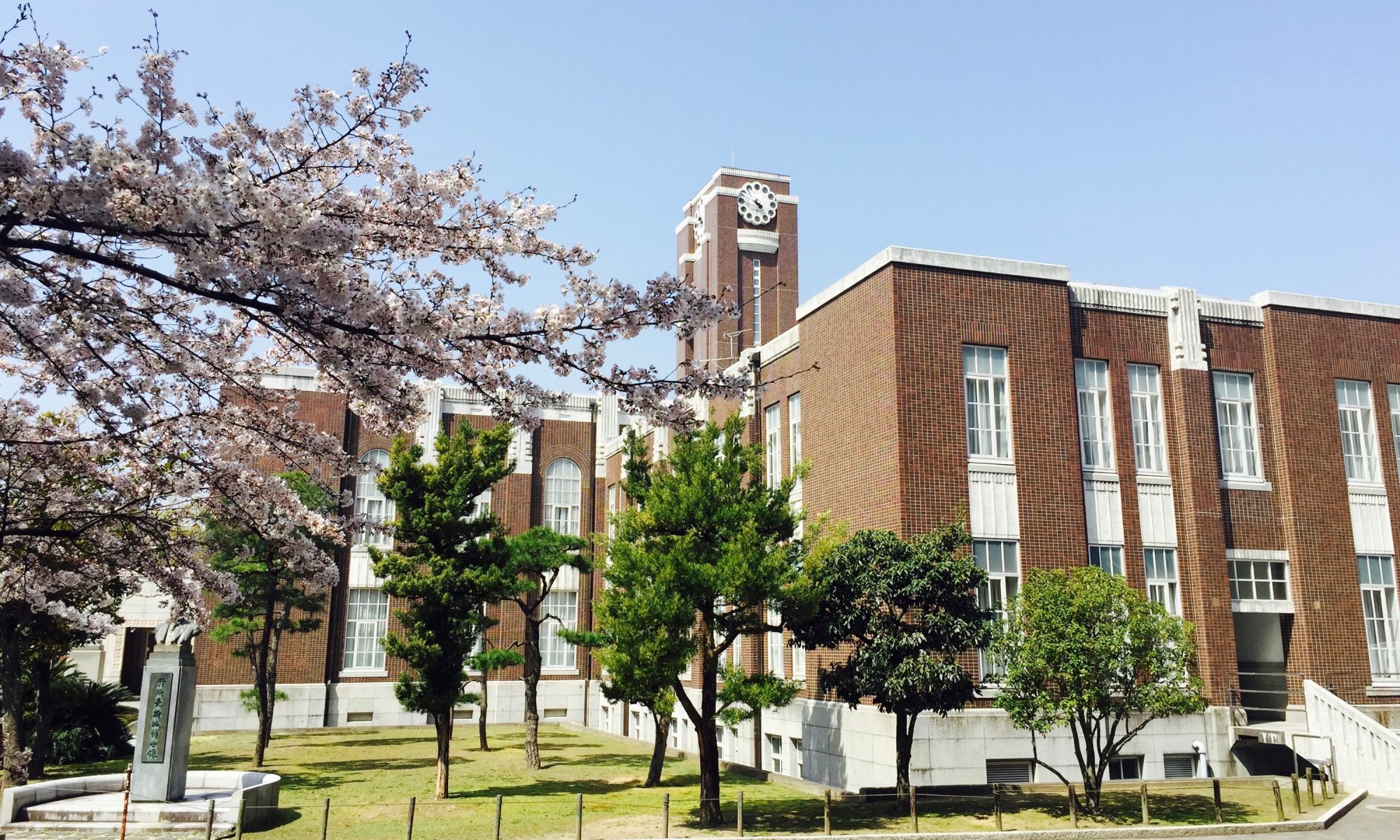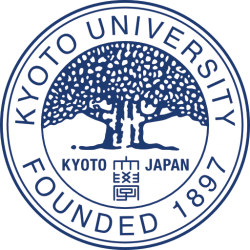Teacher: Mitsuyo WADA-MARCIANO
Course Code: JK39003
In this course, we will study one of the documentary film traditions, ‘Ecocinema.’ We will view seven films to watch during the eight weeks of this course, which covers various topics such as anthropocentrism, anti-anthropocentrism, stewardship towards little creatures, plastic pollution, urban generation and historical changes in PRC, and issues of race. In addition to observing the different themes in Ecocinema, we will pay attention to the wide range of stylistic variations in documentary film.
Cathy Fitzgerald, who practices ecological art in Irland, defines Ecocinema as follows: “Ecocinema is a term originally from a 2004 Scott MacDonald’s article ‘Towards an Ecocinema.’It was further explored in 2010 in Framing the World: Explorations in Ecocriticism and Film, edited by Paula Willoquet-Maricondi.
From that book ecocinematic films were classified as follows:
“[E]cocinematic films are films that
● overtly engage with environmental justice concerns or those that make ‘nature’ from landscapes to wildlife, a primary focus… they have broader philosophical implications of what it means to inhabit this planet to be a member of this ecosphere and to understand and value this community in a systemic and nonhierarchical way.
● Sometimes aspire to present more biocentric and/or ecocentric viewpoints rather than overtly anthropocentric#8212human centered views or interpretation of natural phenomena.
● Cut across genres, modes of production.
● May include full-length and short fiction, documentary, exp. films/video.
● Ecocinema actively seeks to inform viewers about, as well as engage their participation in, addressing issues of ecological importance, raising awareness, and at times, political action.”
Course Information
Module: Research and Advanced Studies
CATS Requirements: BA 3rd. year or above
Day/Period: Tue/4-5
Location: Lec. 9
Credits: 2
Course Goals
What You Will Learn
1) Knowledge: To absorb new knowledge on documentary film while reading texts. Many reading materials will be introduced in this course to make students aware of the richness of ecocinema, documentary film, and ecology itself.
2) Variety of Documentary: To look at the documentary’s transcultural traditions from different areas in the world: Russia, Japan, India, China, and U.S.A. One of the films that we will view, Samsara (2011) which was filmed in twenty-five countries on five continents. Documentary films are not always produced in the same way around the world, and documentary film is a medium that reflect the social and political nature of a
region as well as the needs of its people. We will consider this multilayeredness and flexibility of documentary throughout this course.
3) Skill of Discussion: To talk about film, and to practice it in class. In this course, the emphasis will not be on finding any one right answer, but on discussing what you think about the films, or about the readings for each week. Through discussions, students will hone their skills on how to communicate their thoughts to others.
Course Schedule and Evaluation
For a detailed course schedule, please visit KULASIS.
Attendance & Participation 10%
2 Leading Discussions + Short Reaction Papers (on the same readings) 20+20%
Presentation 10%
Final paper 40%


